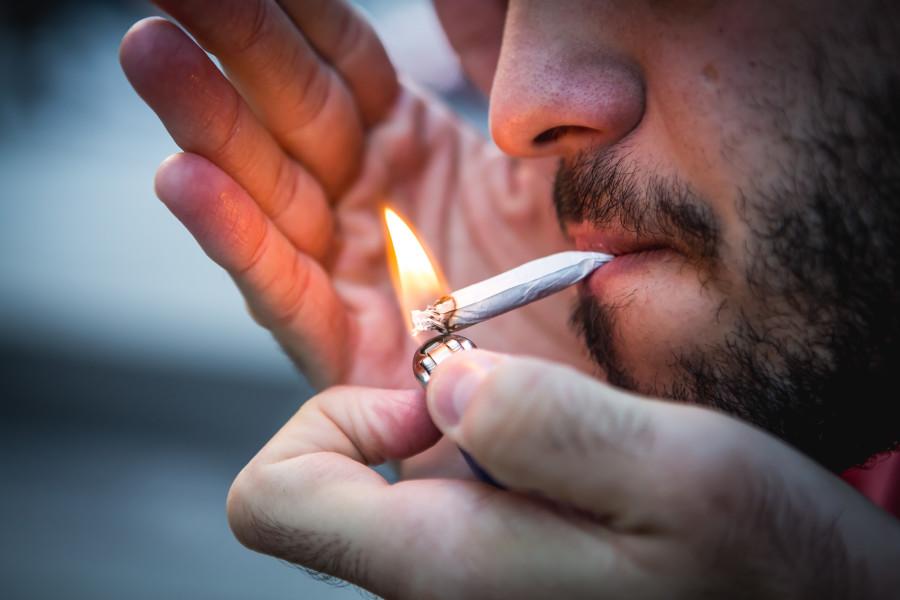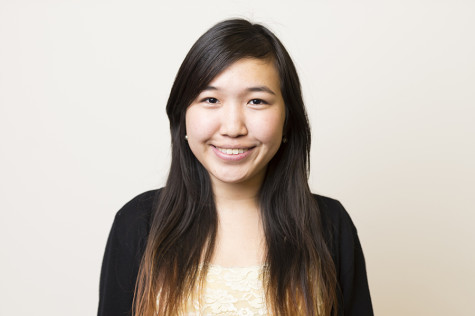NYC vendors not complying to 21 and up cigarette law change
Even though laws changed, people under the age of 21 have still been able to find stores which allow them to purchase cigarettes.
November 30, 2015
Despite New York City raising its legal age to purchase cigarettes to 21 last year, NYU researchers have found that retailer compliance with the laws has decreased drastically when compared to previous compliance rates with the old laws.
To collect their data, researchers bought 421 packs of Marlboro Gold cigarettes at 92 subway and bus stops before the law took effect and returned to purchase more afterwards.
When the data was analyzed, the results showed that, in terms of both checking IDs and complying with the price regulation, retailer compliance after the law took effect. Also, sales prices declined by 18 cents, potentially to compensate for the retailers’ losses.
“Prior to the change in the law, 29 percent of retailers sampled were non-compliant,” the study reads. “Following the change, a full 38 percent of retailers sampled did not ask for ID when selling cigarettes to young people. Researchers also examined new minimum price laws for cigarettes and found a similar pattern.”
Researchers suggest a variety of reasons for why the laws have been ineffective, such as the potential lack of awareness among retailers about the changes. They also pointed out that enforcement for this law is spread across five cities and state agencies, so perhaps the diverse protocols and lack of resources contribute to the law violations.
CAS junior Emma Thomas pointed out the study may not be a perfect representation of a trend among all retailers, since the 92 retailers were all subway and bus stops. The study also mentions this, noting that independent stores complied at a much lower rate in comparison
to chain stores.
“It seems to me that this study targets the group of tobacco vendors that would be most negatively affected by the law,” Thomas said. “Since the bulk of their profits come from their tobacco sales, it doesn’t surprise me at all that this study shows higher levels of noncompliance within this group.”
Thomas supports New York City’s efforts to protect the public’s health, but feels that this law is an added hassle for purchasers under 21 and does not make enough of impact to be an effective preventative measure.
“Theoretically, I’m for the new law, since I recognize how much damage smoking does to individual people and to the general public’s health,” Thomas said. “But, all this new law means is that most smokers who are under 21 are going to leave the city to buy tobacco or will use a fake ID, so it just makes it slightly more difficult for people to acquire tobacco rather than keeping them from buying it altogether.”
Some students are upset such a rule was put in place at all. CAS sophomore Gabriel Valderrama feels that the law’s ineffectiveness should not come as a surprise.
“I am personally annoyed by the new buying age because I think the government has no right to regulate the vices that a population voluntarily chooses to participate in,” Valderrama said. “And I think the policy makers would have expected the lack of efficacy because they should’ve known that the incentive of quick money is stronger than the threat of getting fined for selling tobacco for minors.”
A version of this article appeared in the Monday, Nov. 30 print edition. Email Christine Wang at [email protected].

























































































































































